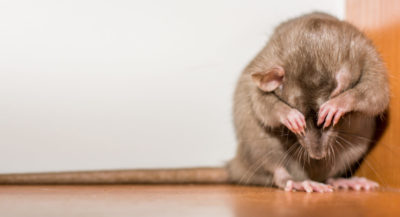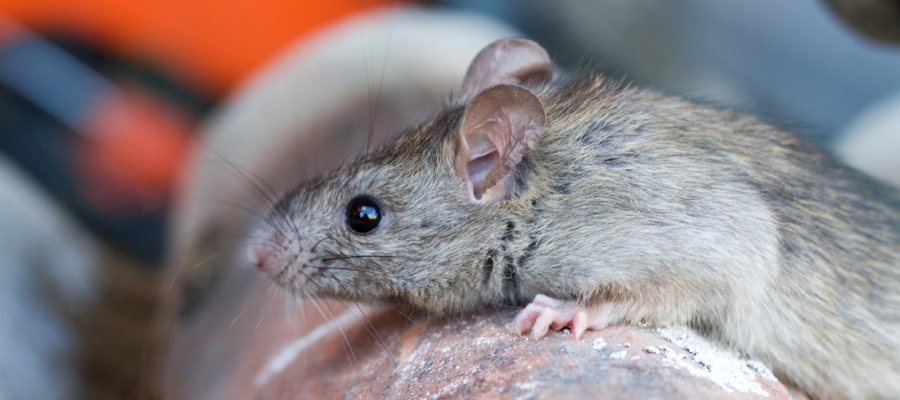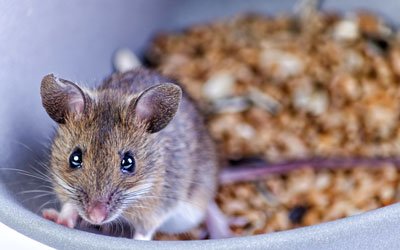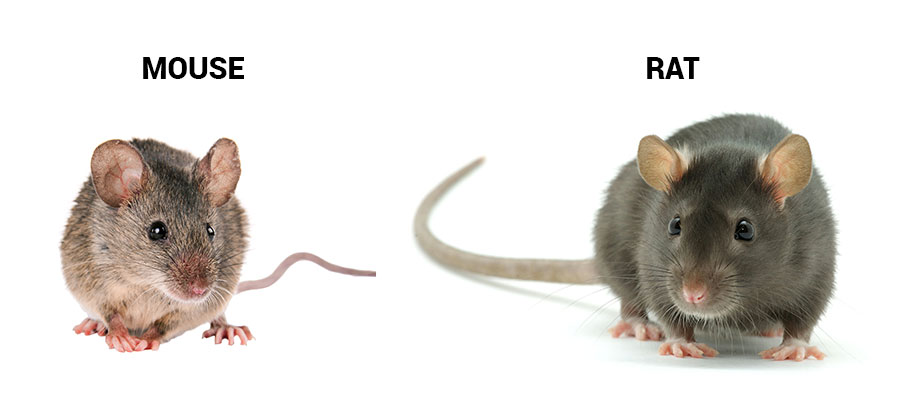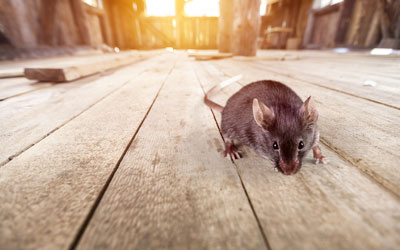You may already know the signs of a mouse or rat infestation. There are the droppings, the punctured bags of food and gnawed-on stored belongings. Some people don’t even need to hear the trademarked scratching coming from inside their walls or above their heads at night, but anyone who does knows they need help. Leo’s Pest Control can handle a rodent infestation, regardless of the species. But if the rats or mice get into your insulation, they can cause damage beyond our scope of expertise.
How does a rat or mouse infestation get in your insulation? What can you do to protect your home, and how can Leo’s Pest Control Help? Let’s go into all of that below.
Insulation: A Rodent’s Best Friend
Rodents aren’t that different from any other living thing in the world. All they want is shelter, something to eat, and to not be bothered while they do so. When it comes to the average home, a rodent can find all of that in the quiet corners of the attic or in the void between walls. It’s just a happy coincidence that these are also the two most insulated parts of the average property. Happy for them, at least.
Fiberglass insulation is the most common in households in Tennessee and Virginia, as it’s affordable and fairly durable. Unfortunately, it’s also the favorite amongst invading rodents. Once rats and mice get inside the structure of a house, they enjoy tunneling through the soft and fluffy material. They’ll even tear it apart to either eat it or use the material for their nests. You can call us and get your property clear of mice and rats, but that might not be enough to solve your rodent problem in its entirety. The nest they can leave around can be foul-smelling and messy. And rodent droppings may contain Hantavirus, a flu-like condition that can be fatal, so trying to handle damaged insulation on your own can actually be hazardous to your health.
You can’t fix insulation once it’s been contaminated. What you can do is call for professional home technicians to replace the material safely and efficiently. Or, even better, you can make sure rodents don’t get into your home to begin with.
How Leo’s Pest Control Can Help
We already said that there isn’t much we can do with insulation once rodents have damaged and contaminated it. We offer TAP® Insulation, but that borate solution isn’t designed to deter or kill anything larger than a slug or cockroach. What we can do is plan and execute a wildlife exclusion strategy tailor-made for your specific property. This will involve finding every potential point of entry in your home and addressing it, covering gaps and filling cracks as needed. When we’re done there will no longer be easy access for not only rodents, but many other pests as well. This is only one step in our rodent exterminating process, which we’ve been using to treat homes around Bristol and beyond for years. So if you want to protect your insulation, your home, and your peace of mind, do so with Leo’s Pest Control. Contact us today to get started!

